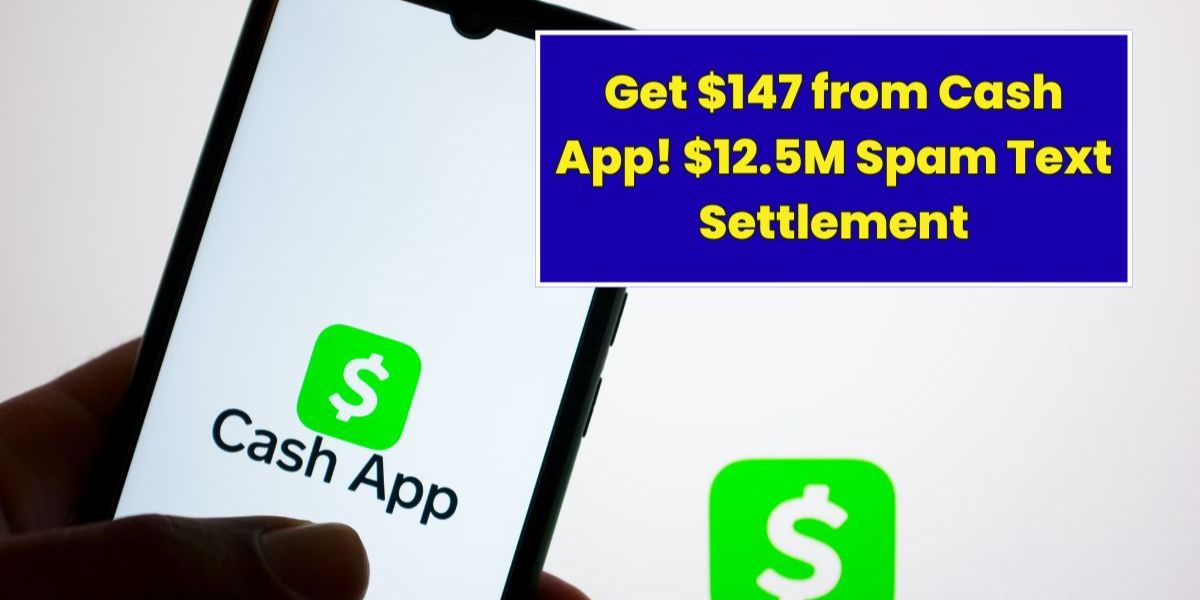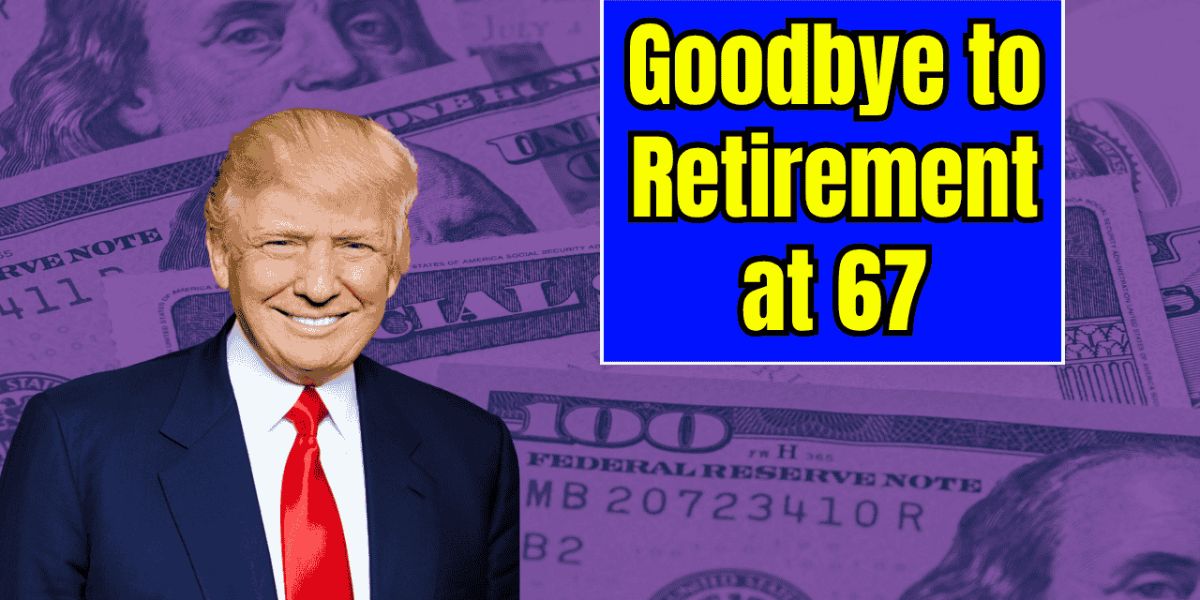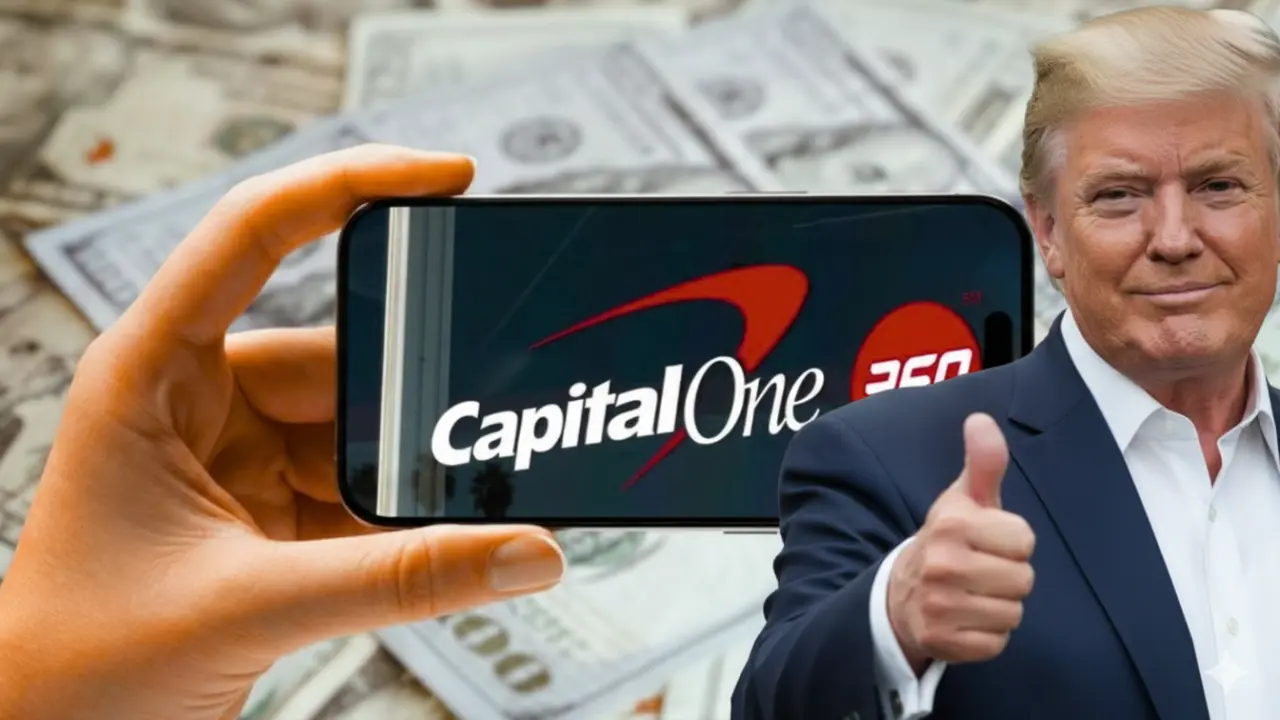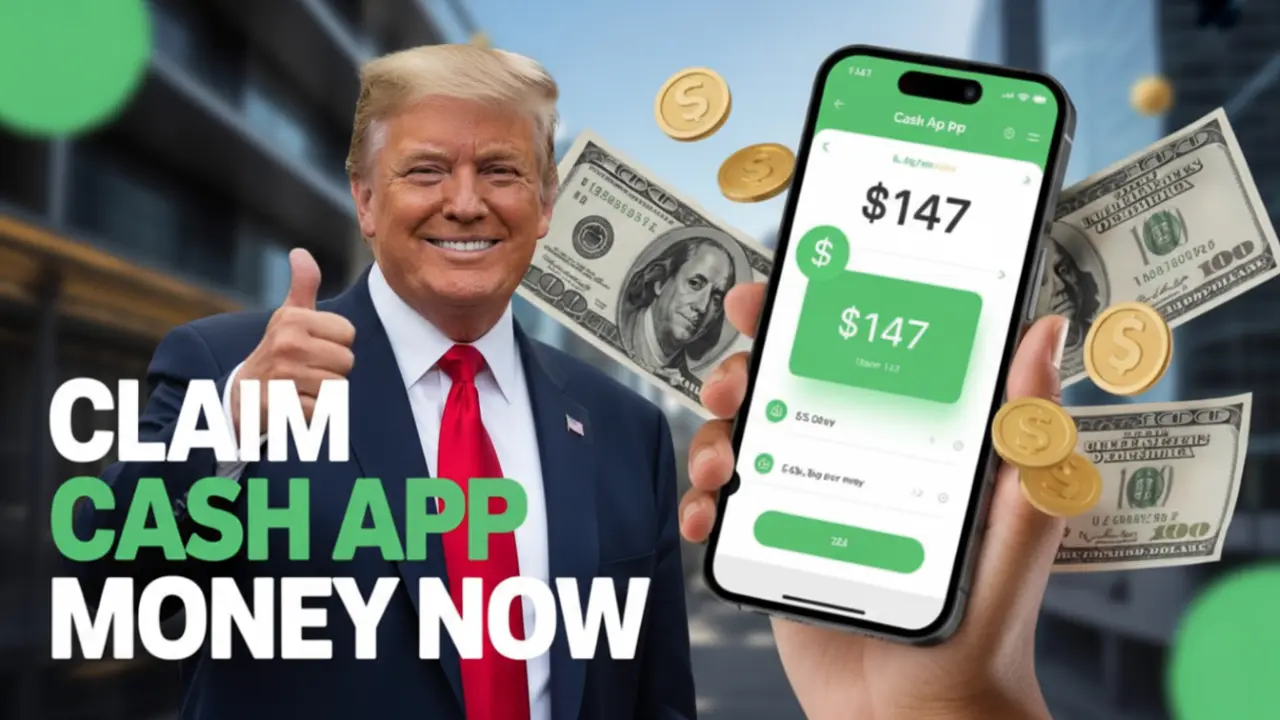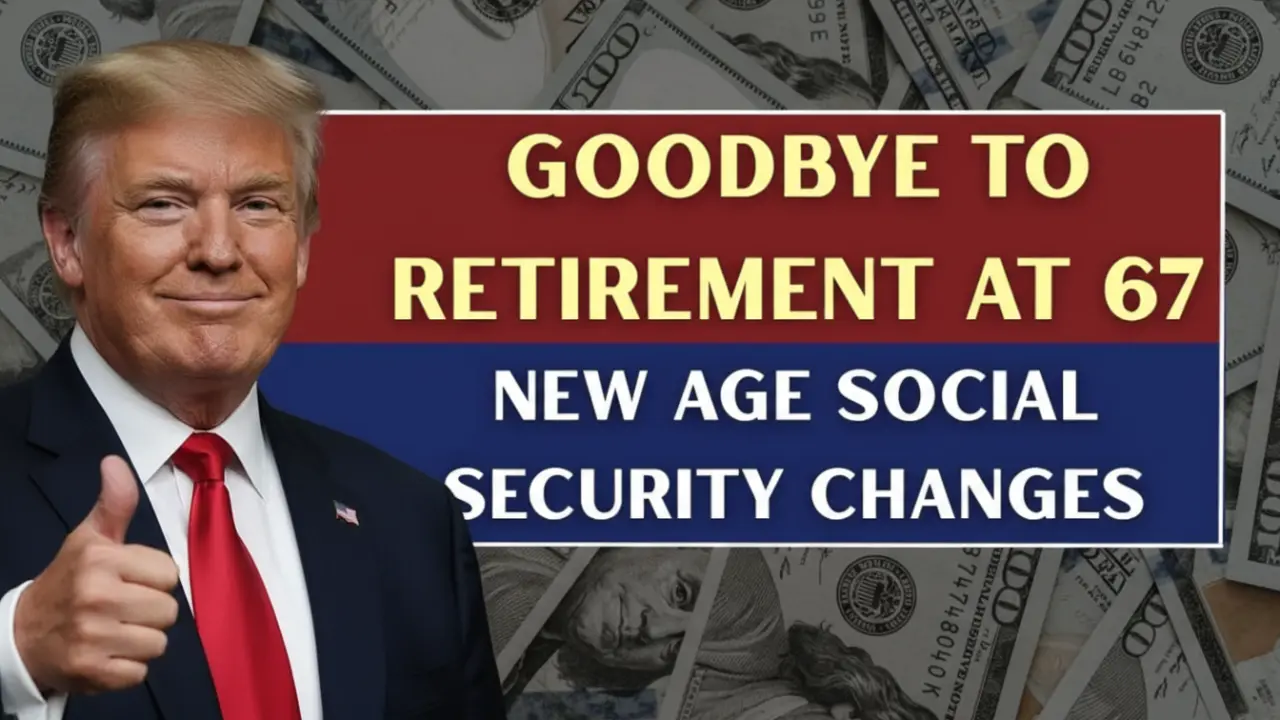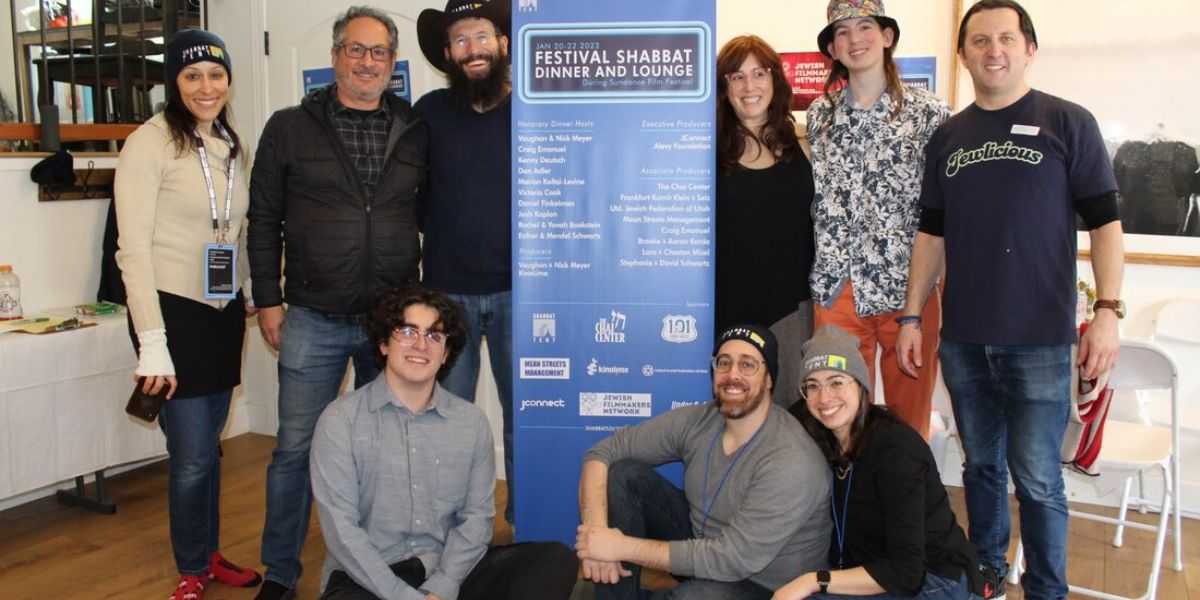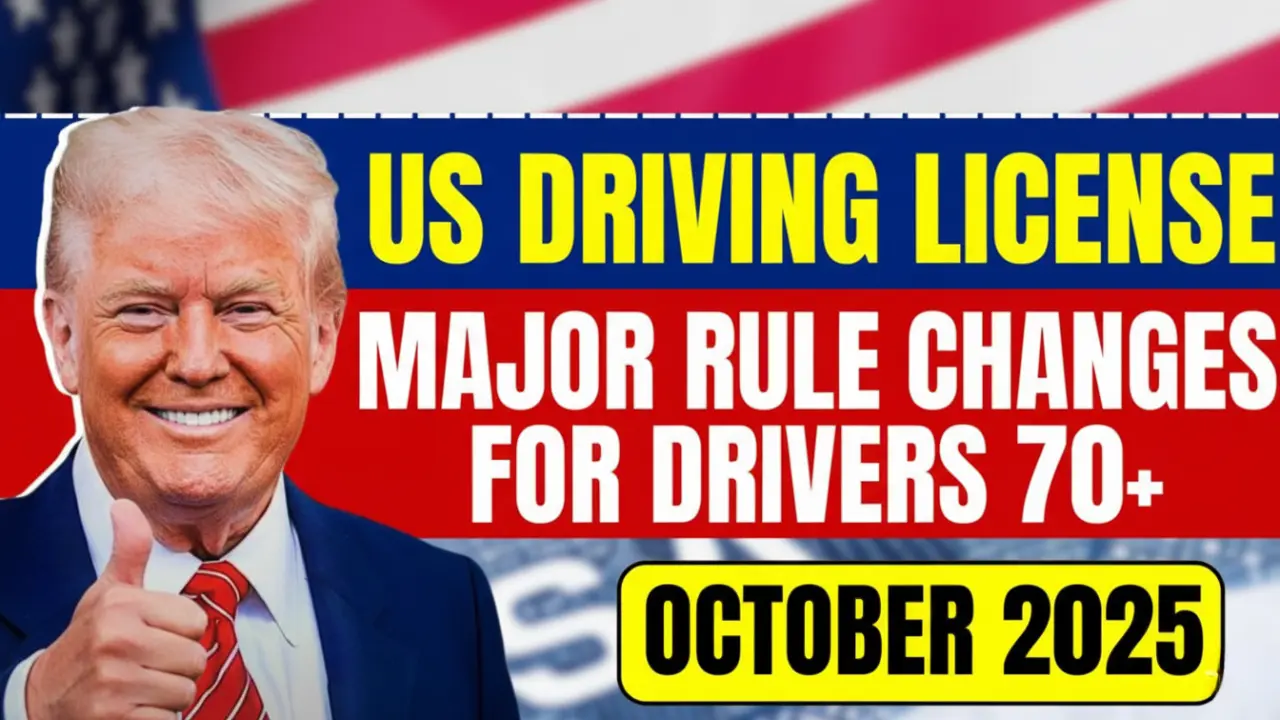A major class action settlement is underway involving Cash App, the popular mobile payment service. The settlement comes after plaintiff Kimberly Bottoms filed a lawsuit against Cash App’s parent company, Block Inc., for sending unsolicited spam text messages through the “Invite Friends” referral program.
Settlement Details
Who: The case was filed by plaintiff Kimberly Bottoms in Washington federal court, with the settlement involving Cash App’s parent company, Block Inc.
Table of Contents
Why: The lawsuit alleges that Block violated the Washington Consumer Electronic Mail Act and the Washington Consumer Protection Act by sending unsolicited text messages to consumers.
Where: The settlement was filed in the U.S. District Court for the Western District of Washington.
How to File a Claim: The settlement website for filing claims is not yet live. However, interested individuals can subscribe to newsletters that will notify them when the claim instructions become available.
Terms of the Settlement
Block Inc. has agreed to pay $12.5 million to resolve claims related to these unsolicited text messages. The settlement will provide pro rata payments to eligible consumers who received a referral text message while residing in Washington between November 14, 2019, and a yet-to-be-determined date. The class includes individuals with phone numbers containing Washington area codes.
The lawsuit alleges that these unsolicited text messages, sent as part of Cash App’s referral program, violated state laws, specifically the Washington Consumer Electronic Mail Act and the Washington Consumer Protection Act. Block denies any wrongdoing but has agreed to settle to resolve the issue.
Who is Affected?
The class action settlement affects consumers who were sent Cash App referral program text messages while living in Washington state. It is estimated that the settlement could potentially cover nearly 2 million phone numbers with Washington area codes.
How to claim your AT&T settlement money
According to the settlement website, affected customers now have until Dec. 18 to claim their cut — impacted users should have already received a settlement notice containing a Class Member ID or will receive notice by Oct. 17. If you would like to opt out of the settlement, or want to object to your classification under the settlement, you have to physically mail the request by Nov. 17.
To be paid, you must fill out the settlement claim form. You will need your Class Member ID, as well as an email address, AT&T account number, or full name. Be prepared to fill out payment information, such as a direct deposit or check, too.
Payments to Class Members
The settlement fund of $12.5 million will be divided among eligible class members who submit valid and timely claims. After costs for administering the settlement, attorney fees, and a service award for the class representative, claimants are expected to receive between $88 and $147 each. This amount represents a pro-rata share of the settlement, or between 17% and 29% of the $500 statutory damages per violation of the Washington Commercial Electronic Mail Act.
Eligible class members will be notified through email and postcard. In addition, an online publication notice will be made to reach class members who cannot be identified by traditional means.
Payments can be made via check or through electronic transfer, such as Venmo or PayPal.
Other Legal Actions Against Cash App
Cash App, operated by Block Inc., has faced other legal challenges. In January 2024, the Consumer Financial Protection Bureau (CFPB) ordered Cash App to pay $175 million for failing to provide adequate customer service and fraud protection. Additionally, in 2023, Cash App agreed to a $15 million settlement to resolve a data breach issue.
The Cash App spam texts class action settlement aims to resolve the allegations against Block Inc. and provide compensation to affected consumers. Those who were impacted by unsolicited referral text messages from Cash App should stay alert for future updates on how to file a claim.
FAQ
1. What is the Cash App spam texts class action settlement?
The settlement involves Cash App’s parent company, Block Inc., agreeing to pay $12.5 million to resolve claims that it sent unsolicited text messages through its referral program to consumers in Washington state.
2. Who filed the lawsuit and why?
The lawsuit was filed by Kimberly Bottoms, who alleged that Block violated the Washington Consumer Electronic Mail Act and the Washington Consumer Protection Act by sending unsolicited spam text messages.
3. Who is eligible for the settlement?
Consumers who received an unsolicited Cash App referral text message while residing in Washington state between November 14, 2019, and a date to be determined by the settlement administrator are eligible to claim.
4. How much will each eligible class member receive?
Each eligible claimant is expected to receive between $88 and $147, depending on the number of valid claims submitted. This amount is based on a pro-rata share of the $12.5 million settlement fund.
5. When can I file a claim for the settlement?
The settlement website for filing claims is not yet live, but you can subscribe to newsletters for updates. You’ll be notified when the claim process begins.
6. How will the payments be distributed?
Payments will be sent via check or electronic transfer, such as through Venmo or PayPal, to those who submit valid claims.
7. How will I know if I am eligible for the settlement?
Eligible class members will be notified by email and postcard. There will also be an online publication notice targeting potential class members who cannot be contacted through other means.
8. What is the deadline to file a claim?
The claim deadline will be announced once the settlement website is live. Make sure to stay updated by subscribing to notifications.
9. What does “pro rata payment” mean?
A “pro rata payment” means that the settlement amount will be divided fairly among all eligible class members based on the total number of valid claims. The more claims that are filed, the lower the individual payout.
10. Why is Cash App settling this case?
Cash App’s parent company, Block Inc., denies any wrongdoing but agreed to settle the case to avoid further litigation. The settlement allows them to resolve the claims and compensate affected consumers.
11. Has Cash App faced any other legal issues?
Yes, Cash App has faced other legal challenges. In January 2024, the Consumer Financial Protection Bureau (CFPB) ordered Cash App to pay $175 million for inadequate customer service and fraud protection. They also agreed to a $15 million settlement in 2023 to resolve a data breach issue.
12. How do I stay updated on the settlement?
You can subscribe to newsletters or regularly check the settlement website to stay informed about the latest updates regarding how to file a claim and important deadlines.

